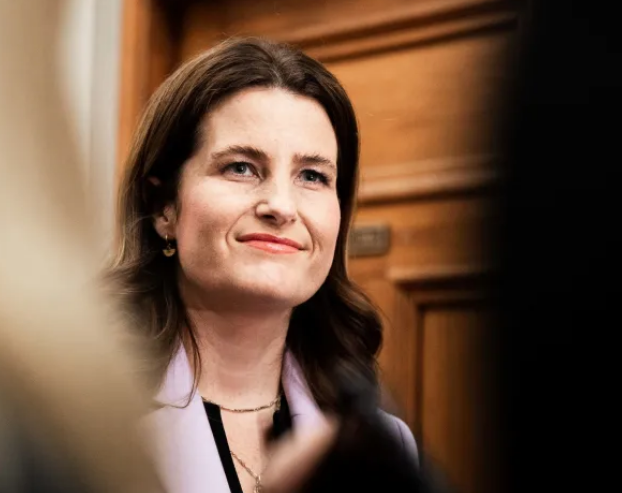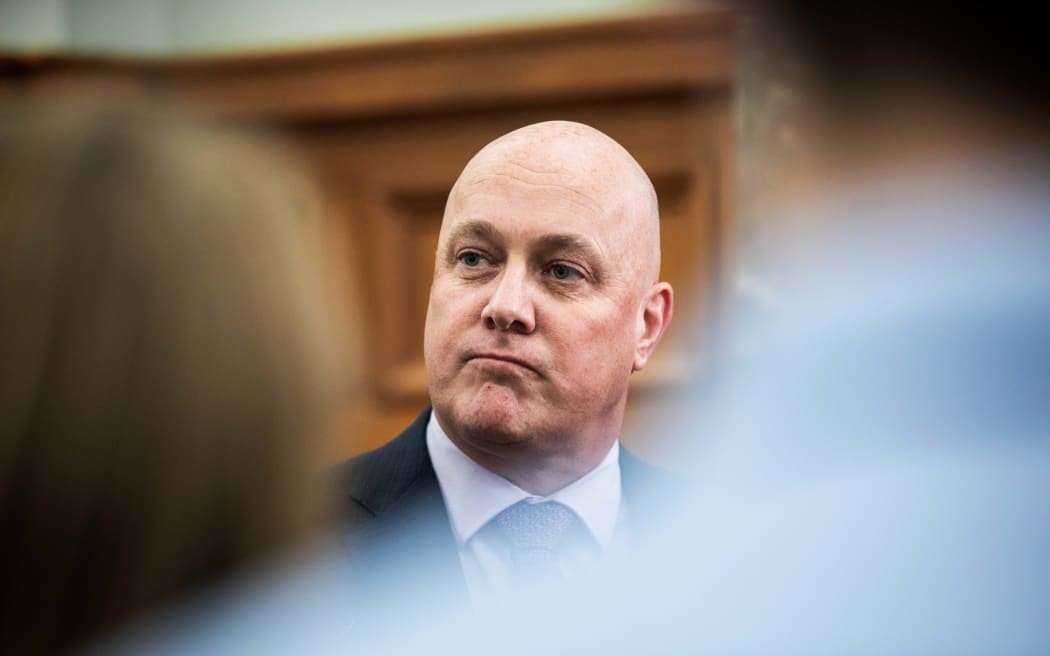
Prime Minister Christopher Luxon and Finance Minister Nicola Willis are announcing the measure at his post-Cabinet press conference this afternoon.
The FamilyBoost credit means families will be able to collect up to 25 percent of the fees incurred with a licensed ECE provider, after the 20 Hours Free and Ministry of Social Development’s Childcare Subsidy are taken into account.
All families earning up to $180,000 with childcare costs are eligible, with the maximum amount available to families earning up to $140,000.
“Parents and caregivers will be able to submit their ECE invoices every three months via myIR, with FamilyBoost refunded as a lump sum,” Willis said.
“Parents should start collecting invoices from July 1, so they can begin to apply and be refunded from October 2024.”
No costings were provided for the policy; officials said the costs and benefits were “to be confirmed”.
In its pre-election fiscal plan, National estimated it would cost $249 million a year, or $996m over four years.
Childcare financial burden high for Kiwis
Luxon said childcare costs in New Zealand were relatively high.
According to the OECD, couples pay 37 percent of their income towards childcare in New Zealand. The OECD average is 13 percent of a couple’s income, while in Australia it is 22 percent of a couple’s income and in the UK it is 25 percent of a couple’s income.

The trade-off is an “administrative burden” for parents, though Willis said advice was being sought by the end of the year on how to reduce this.
She said more than 100,000 families would be eligible for FamilyBoost.
Willis said 21,000 families would be entitled to the maximum rebate of $75 a week.
The cost was estimated to be $723m over four years, less than what National had planned for the policy in its pre-election fiscal plan. The difference was because of additional information from Inland Revenue, Willis said.
Asked why the government kept getting its costings so wrong compared to its pre-election estimates, Willis said it mattered more that families would get the relief National had promised during the campaign.
She defended putting the onus on parents because it meant the policy could be rolled out this year, rather than waiting for the right system to be put in place.
Willis said it wouldn’t be inflationary as it would be funded from “reprioritisation” and new revenue measures.
“IRD have pretty good computer systems. The issue here is how well their systems talk to education systems.”
The costings assume 100 percent uptake, she said.
Inland Revenue officials said there were no existing information flows linking fee information with parents, childcare centres and family income. Building that system would take two to three years, so the government has instead opted to have parents provide invoices.
This risked “lower take-up due to compliance costs on parents, integrity risks associated with invoices or disclosed personal incomes, the implementation date of 1 July 2024 sitting within Inland Revenue’s peak period of demand resulting in reduced levels of customer support”, IRD officials said in a regulatory impact statement.
“Finally, there is a risk that the basic refund model will become entrenched without a replacement model ever designed and implemented.”
The rebate rates will be $75 a week for those with household incomes up to $140,000, $56.25 for those on household incomes up to $150,000, $37.50 for those with household incomes up to $160,000, and $18.75 for those with household incomes up to $170,000.
“Many families are struggling with high housing, food, and childcare costs. One of our priorities is to support families to get ahead by helping them with the high cost of living, including help for those bearing the brunt of childcare costs,” Willis said.
“Being able to afford ECE fees can also be a barrier to entering the workforce, particularly for the second earner in a household. FamilyBoost will make it easier and more worthwhile for families with young children to work by directly assisting them to pay those ECE fees.”












